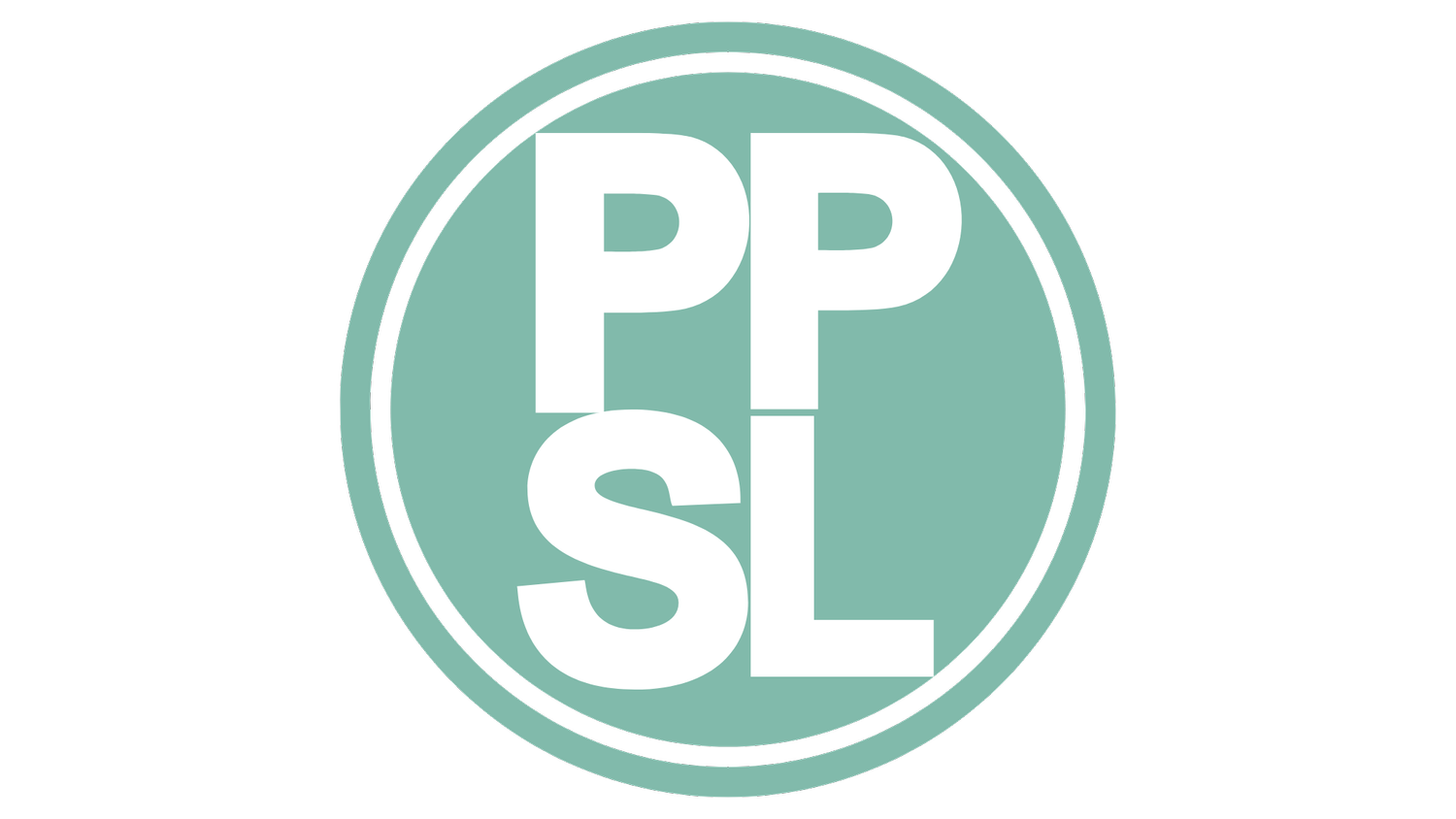Department of Education Continues to be in Significant Breach of Borrower Defense Settlement
Frustration grows with the Department’s perpetual failure to deliver relief according to the dates it agreed to in the $6 billion settlement
San Francisco – At a hearing on September 26, 2024 regarding the Plaintiffs’ motion to enforce implementation of settlement relief in the lawsuit Sweet v. Cardona, Judge William Alsup heard updates regarding ongoing issues with the gross mishandling of settlement relief in the $6 billion borrower defense settlement and frustration that the Department is now in material breach of the settlement for a second time.
This was the fourth status hearing that Judge Alsup ordered as part of a strict schedule of accountability measures to ensure that the overdue relief is delivered as soon as possible, after the Department failed to meet the original settlement deadline of January 28, 2024, for the “automatic relief group.” That deadline was extended to August 31, 2024.
The hearing revealed:
The Department reports that it is now in “substantial compliance” with the settlement provisions relating to the automatic relief group.
The Department is once again in material breach of the settlement because it failed to meet the July 28, 2024, deadline to deliver relief to all members of “Decision Group 1.” This group includes approximately 33,000 class members who submitted borrower defense applications on or before December 31, 2017.
The Department sought to implement a new procedure for processing relief for members of the Decision Group, which the Plaintiffs opposed because it is untested and would take months to set up. Judge Alsup denied the Department’s request and ordered the Department to use the same process it established for the automatic relief group for Decision Groups 1 and 2. If the Department wishes to use a new procedure to process relief for subsequent Decision Groups, it must file a motion within the next six weeks explaining why a change is needed and how it would work.
The deadline for relief for Decision Group 1 is extended to December 20, 2024. The deadline for relief for Decision Group 2 remains January 28, 2025.
“The pattern we have seen from the Department of Education throughout this settlement implementation is that it does not take action until it is in material breach of a legally binding settlement and ordered by a judge to comply. There are tens of thousands of borrowers waiting for relief and these errors and delays need to be addressed by the Department and its servicers with far greater urgency,” said Eileen Connor, President and Executive Director of the Project on Predatory Student Lending. "Our clients have already been waiting far too long for a resolution and this relief has real, meaningful consequences in their lives. As Judge Alsup pointed out, this settlement relief is extremely important to student borrowers, and they are counting on the Department to do its job and get it right. We will continue to work to ensure accountability until every single client gets the relief they are owed.”
Case Background:
Nearly 196,000 student borrowers were told by the Biden administration that their loans would be wiped away, their credit would be repaired, and money they had paid to the government on fraudulent loans would be returned. But as the settlement deadline passed on January 28, 2024, about a third of these borrowers still had not had their loans canceled.
Borrowers filed a motion to enforce the settlement on March 19, 2024. A few weeks later, on April 10, 2024, they filed a reply brief detailing extensive failures, including how the Department did not perform oversight of student loan servicers, did not pay attention to its own data, and failed to monitor compliance. It states that the Department has offered only “easily avoidable errors, self-inflicted obstacles, meager excuses, and decisions that could most charitably be described as grossly negligent.”
Judge Alsup then ordered a series of accountability measures, including biweekly in-person meetings between the Department, servicers, and plaintiff attorneys, as well as regular status hearings.
Missing the court-ordered deadlines has caused hardship above and beyond what class members have already experienced.
The borrowers are represented by the Project on Predatory Student Lending.
For more information about Sweet v. Cardona and the settlement, visit our website.
About the Project on Predatory Student Lending
Established in 2012, the Project on Predatory Student Lending represents over a million former students of predatory for-profit colleges. Its mission is to use litigation to eliminate predatory practices in higher education, and to relieve current and future borrowers from fraudulent student loan debt. PPSL has won landmark cases to protect borrower rights, recover money owed, and cancel more than $22 billion in fraudulent debt. Its ongoing cases hold predatory colleges accountable and force the U.S. Department of Education to act on behalf of students and stop protecting this insidious industry.
###
